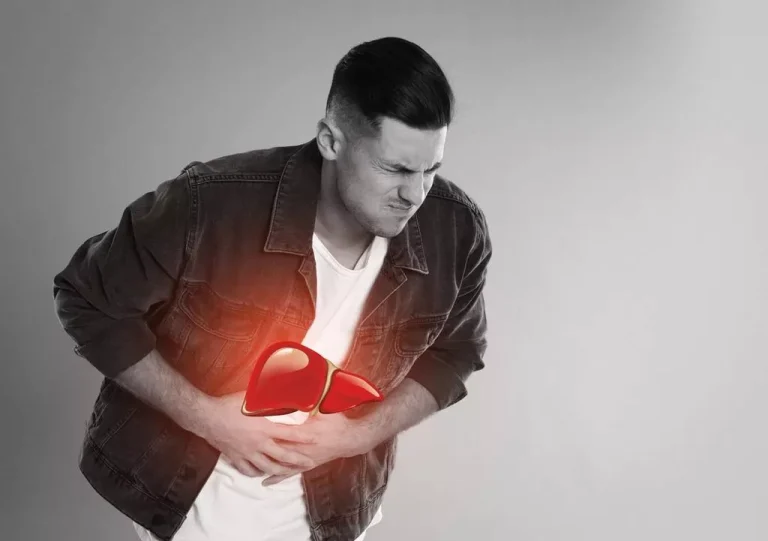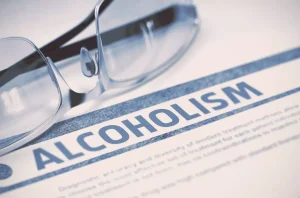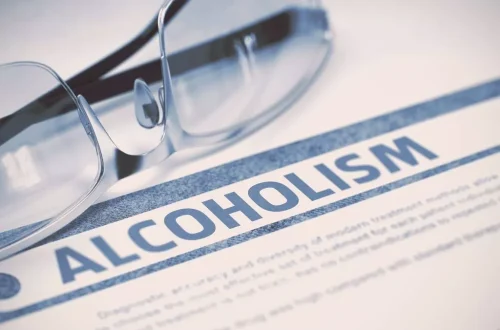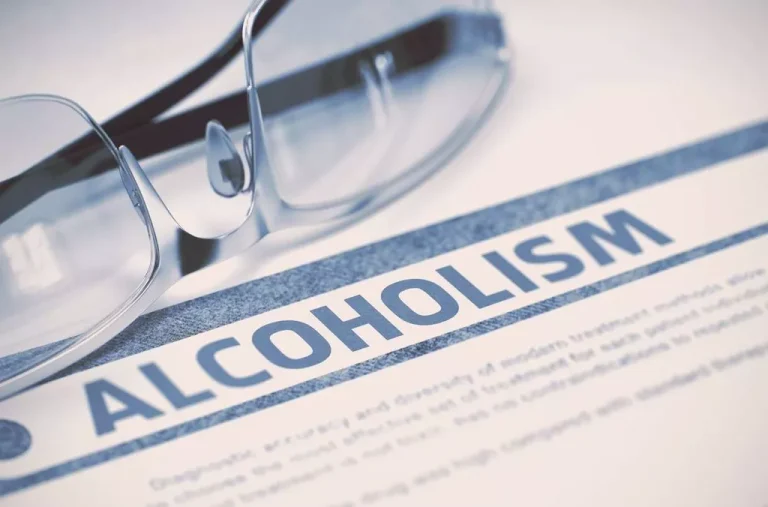
Columbia University researchers discovered that men release more dopamine when they consume alcohol than women. They also found that the extra dopamine produced as a result of consuming alcohol is concentrated in the reward center of the brain. One of the most significant long-term effects of alcohol on dopamine is depletion. With repeated alcohol use, the brain’s dopamine system can become dysregulated. Initially, alcohol consumption leads to increased dopamine release, but over time, the brain adapts to this frequent stimulation.
Alcohol’s Actions as a Reinforcer: Dopamine’s Role
Reframe supports you in reducing alcohol consumption and enhancing your well-being. Understanding the connection between dopamine and alcohol could inspire us to make more informed decisions about our drinking habits. Aminomethyl propionic acid, or AMPA, is a chemical that specifically activates this glutamate-receptor subtype. N-methyl-d-aspartate, or NMDA, is https://ecosoberhouse.com/ a chemical that specifically activates this glutamate-receptor subtype. Dopaminergic neurons reach not only the NAc, but also other areas of the extended amygdala as well as parts of the septo-hippocampal system.
- You may notice an inebriated person stumbling, or having difficulty walking straight – this is because the part of your brain that controls coordination, the cerebellum, is very sensitive to alcohol.
- Goal chasing can also be addicting, and it’s a science you can use to your advantage.
- Alcohol’s impact on dopamine release, receptor activity, and reward pathways contributes to the reinforcing effects of alcohol and the development of addictive behaviors.
- However, this same mechanism can also contribute to the development of addictive behaviors.
- The short-term effects of alcohol on dopamine levels have been a subject of extensive research in neuroscience.
- The Wang team continues to explore how CIN dynamics impact brain health, aiming to translate their discoveries into innovative treatments for a variety of brain disorders.
Is Addiction in Your Genes? Exploring Hereditary Addiction Factors
Dopamine Sober living house release in the NAc shell may be instrumental in the development of alcohol dependence. Psychological dependence on alcohol develops because alcohol-related stimuli acquire excessive motivational properties that induce an intense desire to consume alcohol-containing beverages (i.e., craving). As a result of this intense craving, conventional reinforcers (e.g., food, sex, family, job, or hobbies) lose their significance and have only a reduced impact on the drinker’s behavior.
Can I Go To Residential Treatment For Mental Health?
The good news is that the brain has robust neuroplasticity, so it is capable of rewiring neural pathways. Amino acids play a huge role in the production of neurotransmitters, including dopamine, serotonin, and norepinephrine. Tyrosine and phenylalanine are two amino acids that the body uses to produce dopamine. Ingesting amino acids influences brain function, and increasing your intake of these, and other amino acids can help boost dopamine levels. By understanding the intricate relationship between alcohol, dopamine, and addiction, we can develop more effective strategies for prevention, intervention, and treatment.
Chronic alcohol use can damage critical areas of the brain that govern decision-making, emotional regulation, memory, and overall mental health. Alcoholism and depression share profound neurochemical links, often rooted in disruptions to the brain’s reward and stress regulation systems. Chronic alcohol consumption significantly alters the activity of key neurotransmitters, including dopamine, serotonin, and gamma-aminobutyric acid (GABA), which are central to mood and motivation. Alcohol must be removed before the brain can start the healing process. Detox can take days to weeks, depending on the individual and how long they struggled with addiction.

- For example, some individuals in long-term recovery report lasting changes in how they experience pleasure or respond to stress.
- Chronic alcohol consumption can result in changes in the number and sensitivity of dopamine receptors.
PAWS is thought to be related, in part, to ongoing adjustments in the brain’s dopamine system. However, dopamine’s influence extends far beyond just making us feel good. It also plays a crucial role in motor function, decision-making, and even our ability to focus and concentrate.


Alcohol increases dopamine levels while removing the brain’s built-in brake system that limits dopamine receptivity. Dopamine plays an essential role in mood and neurodevelopmental disorders, such as anxiety, depression, and attention deficit hyperactivity disorder (ADHD). Since alcohol disrupts dopamine production and usage, drinking can does alcohol deplete dopamine lead to either an exacerbation in symptoms or the development of mood disorders.
Early Substance Use Linked to Brain Structure Differences in Teens
Dopamine also activates memory circuits in other parts of the brain that remember this pleasant experience and leave you thirsting for more. But over time, alcohol can cause dopamine levels to plummet, leaving you feeling miserable and desiring more alcohol to feel better. Understanding the intricate link between alcoholism and depression highlights the importance in addressing both the conditions. Integrated treatment approaches that consider the physical, psychological, and emotional aspects of these co-occurring disorders are essential for effective recovery.